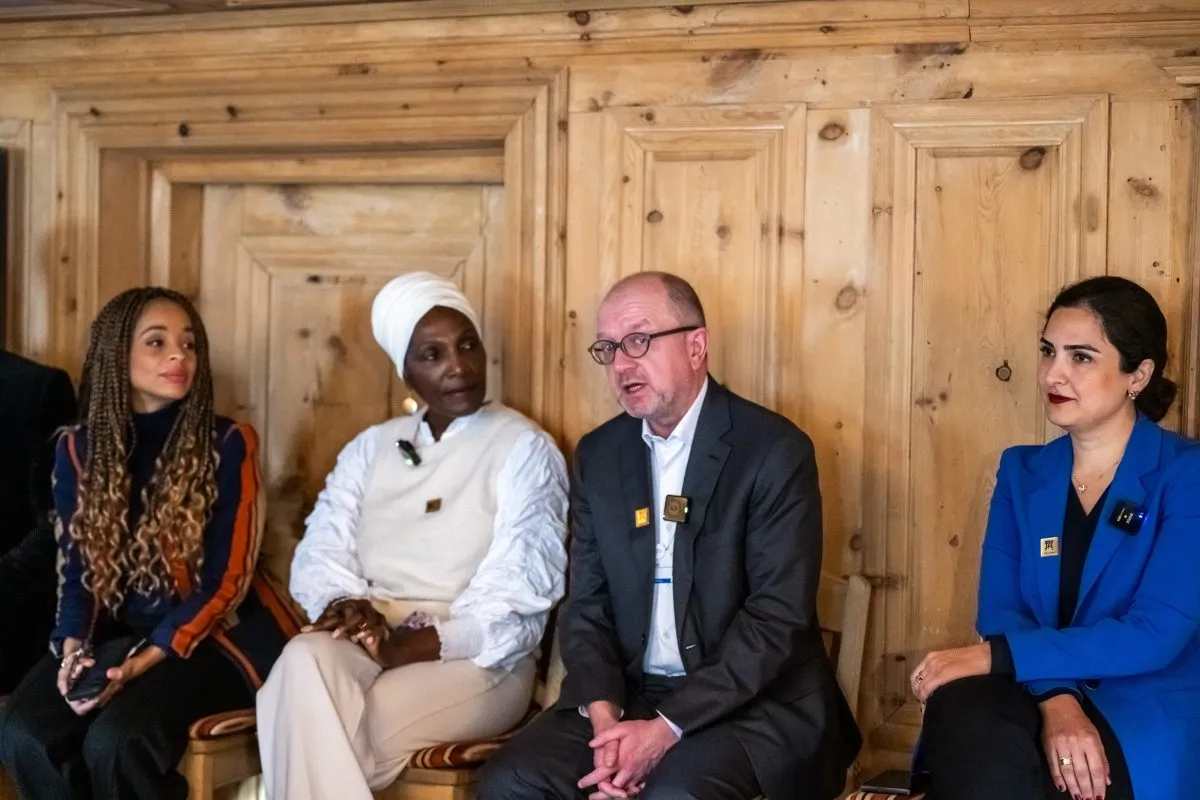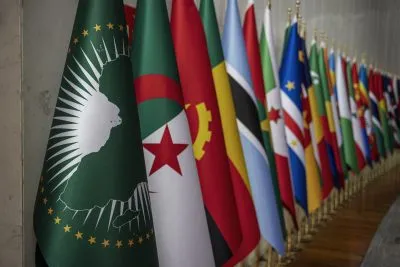Yann Le Pallec, president of ratings agency S&P Global Ratings, delivered a robust defence of the sector during a panel discussion hosted by Africa House at the World Economic Forum in Davos, Switzerland.
While the practices of the ratings agencies have come under intense scrutiny in recent times, with some analysts insisting that they impose an unfair premium on African countries in particular, Le Pallec emphasised that their evaluations are grounded in rigorous, data-driven methodologies.
Le Pallec was responding to Mamadou Toure, co-founder of Africa House, who moderated the session and argued that countries in other continents with similar or lower levels of stability are rated higher than African countries, Le Pallec argued that ratings agencies exist to provide investors with the right information to inform their decision-making.
“We do fundamental credit analysis, which means that we try to assess whether a country is likely to pay back its debt according to terms and conditions of the bonds, which are likely bought on the international market,” he explained.
Le Pallec noted that the methodologies employed by ratings agencies are transparent and publicly available, which he said means that third parties can verify and even replicate the model to check the conclusions they arrive at.
“We are a pure knowledge analysis company. But it’s when we compare and contrast our views with those of investors that we can understand whether we’re seeing a good picture and whether we’ve done a good job. And that creates, day to day, an effective challenge for our analysts to improve the quality of the product,” he said.
S&P Global, Le Pallec said, encourages third parties to challenge its findings in order to ensure greater transparency and improvement.
Are countries ‘painted with same brush’?
Critics of the ratings agencies contend, however, that their decision-making is compromised by lack of knowledge and understanding of the unique features of African economies. They argue that ratings agencies paint all African countries with the same brush, ignoring the differences between them. Le Pallec acknowledged these challenges, noting that the continent has a “multiplicity of economies that are very different from each other in terms of GDP growth, ease of doing business and other factors.”
Lack of easily accessible data in any economy, he argued however, can itself be indicative of the country’s creditworthiness.
Attempts by African countries to take control of how they are portrayed, Le Pallec said, are welcome and will help debunk unhelpful myths.
“It is in everyone’s interest to make sure that investors have got the right information, the right intelligence, so that they can make their decisions,” he suggested.
Multilateral development banks must also play a greater role in channelling funds to the continent, which he says has a lot of potential.
“By 2035, 65% of the global GDP growth will be generated by emerging markets and frontier markets. The bulk of those are based in Africa. That’s the opportunity we’re talking about,” he stressed.
Africa risk premium is real, say critics
Speaking on the same panel, Ndidi Okonkwo Nwuneli, president of the ONE Campaign, stressed the critical need for Africans to take control of the narrative surrounding the continent, to counter the damaging effects of misconceptions and generalised risk assessments.
She argued that Africa is often unfairly treated as a monolithic entity, with assessments based on the continent’s weakest links rather than recognising the diversity of its countries.
“Every time I have the opportunity, I say I want to talk about countries. So we’re not talking about Africa, but rather we are talking about Nigeria, Kenya or South Africa,” she said.
Negative reporting, insufficient data and biased credit ratings, Nwuneli argued, are responsible for the “Africa risk premium”, which means that African countries face higher borrowing costs than other regions. This mispricing costs African nations billions annually, exacerbating debt distress in countries that are already struggling, she argued. To address this, Nwuneli called for the creation of a Cost of Capital Commission, using South Africa’s current position as G20 president to prioritise the issue on the global agenda.
Akinwumi Adesina, president of the African Development Bank, is among those who have backed the creation of an African credit rating agency as an alternative to the US-based giants. Such an agency would have superior data on and insight into the continent to enable it to make better assessments of countries’ fiscal positions, he told African Business in November.
“Some people think that it’s just the African Union going to set up some agency for itself. Actually, it would be an independently-run, top-notch professional agency that provides the counterfactuals,” he explains. “When you go to the doctor and run tests, you have the right to ask for a second opinion, don’t you? Yes, so it’s time to do that.”
Moky Makura, of campaign group Africa No Filter, put the cost of negative media stereotypes on the continent at $4.2bn, but argued that the real figure could be much higher.
“It’s much bigger than that but this figure is meant to get people talking. And this is an amount that can educate 12 million children in Africa,” she explained. More Africans, she said, must be engaged in telling compelling stories about the continent, helping to reshape perceptions and showcase Africa’s progress and potential. The ultimate goal, she said, is to foster a more balanced and accurate global understanding of Africa.
Want to continue reading? Subscribe today.
You've read all your free articles for this month! Subscribe now to enjoy full access to our content.
Digital Monthly
£8.00 / month
Receive full unlimited access to our articles, opinions, podcasts and more.
Digital Yearly
£70.00 / year
Our best value offer - save £26 and gain access to all of our digital content for an entire year!

 Sign in with Google
Sign in with Google 



